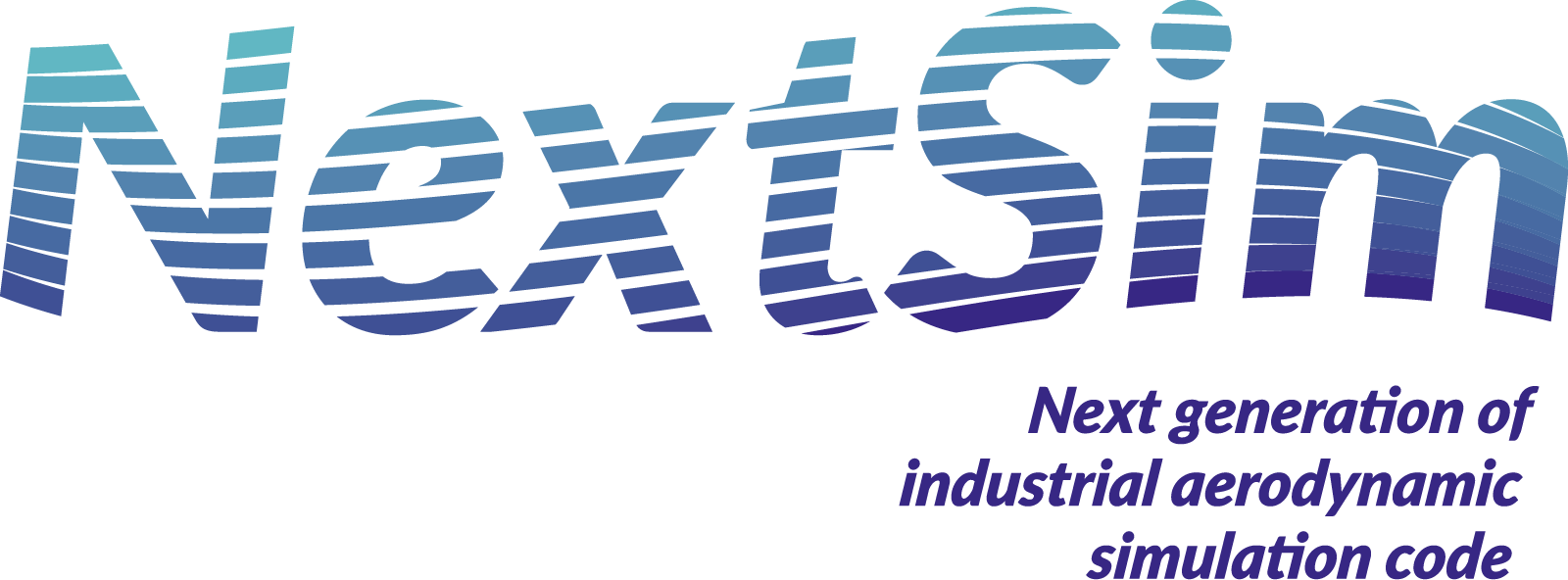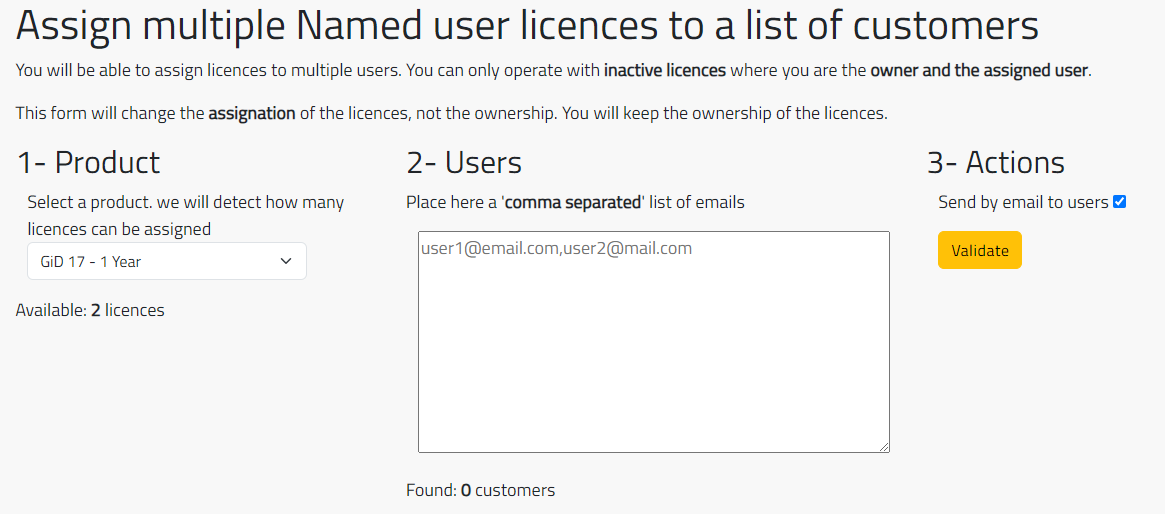GiD will take part in the European Project Fatigue4Light: Fatigue modelling and fast testing methodologies to optimise part design and to boost lightweight materials deployment in chassis parts.
The project, started in February 2021, will work for four years on the development of new tests and new computer simulation methodologies to better estimate the fatigue life of chassis components and to select the optimal materials for lighter vehicle chassis. It will work on advanced high-strength steels, special stainless steels for automotive, high-strength aluminum alloys and hybrid metal-polymer materials.
Fatigue4Light is one of the first projects tackling this kind of problems.
GiD will participate in the European Project NextSim:
NextSim, CODA: Next generation of industrial aerodynamic simulation code represents a combined research effort focusing on algorithms and HPC is the only way to make possible the development and the advances in simulation tools to cover the requirements of European aeronautical industry.
NextSim will focus on the development of the numerical flow solver CODA (Finite Volume and high-order discontinuous Galerkin schemes), that will be the new reference solver for aerodynamic applications inside AIRBUS group, having a significant impact in the aeronautical market. To demonstrate NextSim market impact, AIRBUS has defined a series of market relevant problems.
The numerical simulation of those problems is still a challenge for the aeronautical industry and their solution, at a required accuracy and an affordable computational costs, is still not possible with the current industrial solvers. Following this idea, three additional working areas are proposed in NextSim: algorithms for numerical efficiency, algorithms for data management and the efficiency implementation of those algorithms in the most advanced HPC platforms. Finally, NextSim will provide access to project results trough the ‘mini-apps’ concept, small pieces of software, seeking synergies with open-source components, which demonstrate the use of the novel mathematical methods and algorithms developed in CODA but that will be freely distributed to the scientific community.

